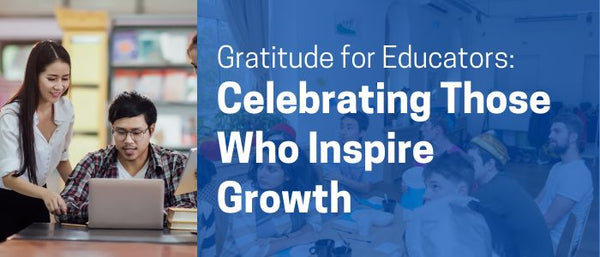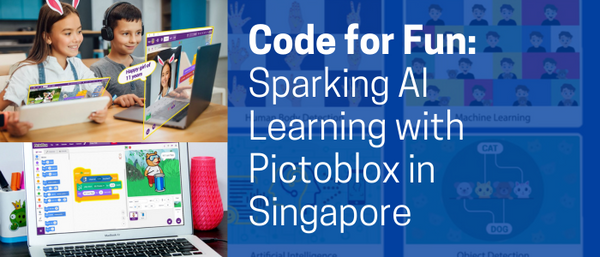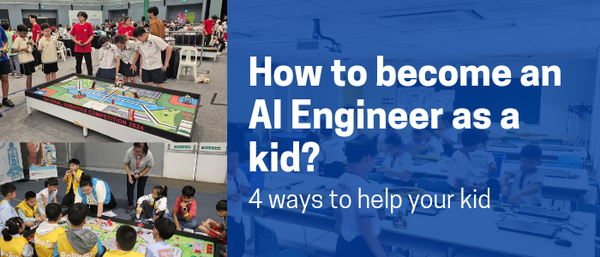What is the Applied Learning Program (ALP) in Singapore?
What is the Applied Learning Program (ALP) in Singapore?
The Applied Learning Program (ALP) in Singapore is an initiative implemented by the Ministry of Education (MOE) to enhance student learning by focusing on real-world application of academic knowledge. These programs encourage students to actively engage in projects that integrate different subjects and have a direct impact on their communities.
The purpose of the Applied Learning Programme (ALP) is to help students appreciate the relevance and value of what they are learning in the academic curriculum with regards to the real world, and develop stronger motivation and purpose to acquire new knowledge and skills.
Applied Learning Programs are expanding beyond the current 80 primary schools and all 155 secondary schools to all primary schools in 2023.
What are the key features of the Applied Learning Program in Schools?
- Project based learning
- Interdisciplinary approach
- Focus on real world application
- Development of 21st century skills
Project-based learning
Applied Learning Programs (ALPs) in Singapore adopt a project-based learning approach, where students engage in hands-on projects that mirror real-world challenges. These projects are not just theoretical exercises but are authentic, challenging, and relevant to the local context. Students collaborate with external partners, such as businesses, community organisations, or government agencies, to gain practical experience and solve real problems faced by these stakeholders. For example, students may develop sustainable solutions for environmental issues in collaboration with environmental NGOs, or they may design innovative products in partnership with local businesses. Another example related to STEAM Education can be, students design and build an autonomous robot with LEGO® Education capable of collecting trash in public spaces such as parks or beaches.
Interdisciplinary approach
Applied Learning Programs (ALPs) projects embrace an interdisciplinary approach, integrating knowledge and skills from various subjects. Students are encouraged to draw upon concepts and methodologies from diverse fields such as science, technology, engineering, mathematics, arts, and languages to tackle complex challenges. By working across disciplines, students develop a holistic understanding of real-world problems and are better equipped to propose innovative solutions. For instance, a project on urban planning may require students to apply principles from mathematics, geography, economics, and design to create a sustainable city model.
Focus on real-world application
A key emphasis of Applied Learning Programs (ALPs) is the application of learning to real-world contexts. Students are not only taught theoretical concepts but are also encouraged to apply their knowledge and skills to address pressing issues and make a positive impact on their communities. Whether it's designing a community garden to promote sustainable living or developing an educational app to support underprivileged students, ALP projects empower students to become active contributors to society. This focus on real-world application fosters a sense of responsibility and civic engagement among students, preparing them for active participation in an ever-changing world.
Development of 21st-century skills
Applied Learning Programs (ALPs) projects serve as platforms for the development of essential 21st-century skills that are increasingly valued in today's workforce. Through hands-on experiences and collaborative problem-solving, students hone critical thinking, problem-solving, collaboration, communication, creativity, and innovation skills. These skills are not only crucial for academic success but also for future career readiness and lifelong learning. By engaging in ALP projects, students not only acquire subject-specific knowledge but also cultivate transferable skills that are applicable across various domains and industries, positioning them for success in the rapidly evolving global economy.
What is the difference between ALP in Primary and Secondary Schools?
Applied Learning Programs (ALPs) in primary schools typically augment the educational experiences of students in core subjects such as Language, Mathematics, or Science, with a primary focus on the primary level. Conversely, secondary schools extend ALPs to encompass more advanced subjects including STEAM topics, Humanities, Coding, Robotics, and others. These programs are implemented school-wide, featuring activities tailored to different grade levels and regularly scheduled throughout the academic year.
Schools shoulder the responsibility of conceptualising and customising their ALP initiatives to align with their educational objectives. Education providers such as Duck Learning, caters to schools by providing high quality ALP initiatives. Subsequently, they present proposals to the Ministry of Education, seeking financial backing and other support mechanisms to execute these initiatives. It is noteworthy that secondary schools were ahead in the implementation of ALPs compared to primary schools. Nevertheless, in 2023, each primary school will have established its own distinctive ALP offerings.
What’s the difference between an ALP and other school programmes, such as a Co-Curricular Activity (CCA)?
While both lack assessment components to foster exploration, it's important to differentiate between Applied Learning Programs (ALPs) and Co-Curricular Activities (CCAs) offered in schools. CCAs aim to broaden children's learning experiences by supplementing the formal curriculum with activities such as learning a dance form or participating in a specific sport.
In contrast, the ALP's objective is to extend classroom learning by connecting it to real-world scenarios. For example, in an ALP activity, students might be tasked with solving a real world problem with robotics and coding.
Ultimately, the goal is to help students recognize the relevance of the knowledge and concepts taught in the classroom, enabling them to understand the purpose behind their learning.
What are the themes or topics covered in the Applied Learning Program?
Primary School Contextual Themes:
- Game Design & Making
- Health Science
- Materials Science
- Sustainability
- Transportation
Secondary School Contextual Themes:
- Cities and Urban Landscapes
- Emerging Technologies
- Future of Transportation
- Health and Food Science
- Sustainability
Ready to start? Check out our ALP catalogue!
Want to learn more about ALP programmes? Talk to our education consultants at learn@ducklearning.com or make an appointment here.
Last updated: 14 Feb 2024



